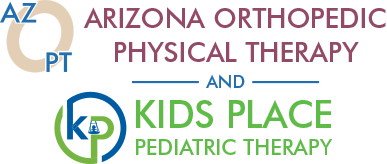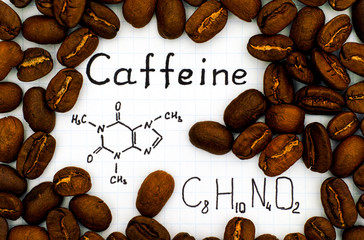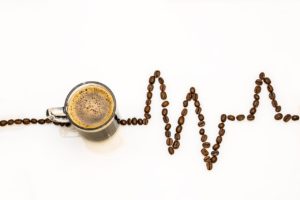Kids Corner – All about Caffeine
by JP R.
Freshman, Archway Trivium
Caffeine is one of the world’s most popular stimulants. It is found in more than 60 different plants world-wide. Caffeine is in many items such as coffee, coffee beans, tea, soft drink products, energy drinks, chocolate, nuts such as kola and guarana, and in some medications. Caffeine can be helpful to you if you take care and drink responsibly, but it can sometimes be fatal when you drink an excessive amount.
The Europeans discovered caffeine in the age of exploration. They were so amazed by caffeine because of the sensation from the drug. The compound for caffeine is C8H10N4O2, which are the same compounds used in nicotine, cocaine and morphine. Caffeine is a drug made up of alkaloids which are mostly nitrogen that can be harmful if you consume an excessive amount.
Caffeine is used for alertness and increased energy. Adensoine, an alkaloid in the human brain, tells the body when to wake and when to rest. Caffeine reacts with the brain by stopping the brain from detecting Adensoine, ultimately allowing the feeling of alertness. The body responds to the decrease of Adenosine by the pituitary gland releasing adrenaline. The adrenaline creates a rush of alertness or hyper-focus. After taking caffeine, the liver also releases high amounts of sugar into the bloodstream that causes greater energy. In certain situations, the increase in adrenaline is important, but overuse is detrimental to your health.
Caffeine can be very harmful when you drink an excessive amount. The aftermath of more than 500 mg of caffeine can be severely harmful, even fatal. Side effects include a rise in blood pressure, increased risk to heart attacks, insomnia, headaches, indigestion, reduced fertility, miscarriages, heart contractions, faster heartbeat, slower blood flow, muscles tighten, increase of anxiety and/or depression and impaired hearing loss recovery. Severe symptoms include, hallucinations, vomiting, trouble breathing, and convulsions.
Even though caffeine can be harmful, there are also benefits. Caffeine helps you stay awake and many people enjoy the taste. Caffeine also helps with mood swings when a pleasurable rush courses through your body. Your focus and memory improve while the caffeine is working, you are more alert, your heart warms when you are cold, athletic performance is enhanced, and regularly drinking caffeine (mainly coffee) increases your life span. Caffeine also helps hair growth, is good for your skin and also good for the eyes.
Overall, caffeine has more benefits then harmful attributes. Remember, soda and energy drinks also have tons of sugar so stick to coffee and tea!
References:
Loria, Kevin, and Erin Brodwin. “What Caffeine Does to Your Body And Brain.” ScienceAlert, www.sciencealert.com/what-caffeine-does-to-your-body-and-brain?limitstart=1.
“12 Benefits of Coffee for Body, Hair & Skin – Page 8 of 13.” Very Healthy Life, 8 Jan. 2019, veryhealthy.life/12-benefits-of-coffee-for-body-hair-skin/8/.
“Caffeine Uses, Effects & Safety Information.” Drugs.com, www.drugs.com/caffeine.html.
Jewell, Autumn Rivers and Timothy. “Caffeine Overdose: Symptoms, Side Effects, and Treatment.” Healthline, Healthline Media, 6 Dec. 2018, www.healthline.com/health/caffeine-overdose#treatment.
Sagon, Candy. “Coffee for Health – Positive and Negative Effects of Caffeine.” AARP, www.aarp.org/health/healthy-living/info-10-2013/coffee-for-health.html.
“20 Harmful Effects of Caffeine.” Caffeine Informer, www.caffeineinformer.com/harmful-effects-of-caffeine.
“The Effects of Caffeine on Adenosine.” LIVESTRONG.COM, Leaf Group, www.livestrong.com/article/481979-the-effects-of-caffeine-on-adenosine/.








